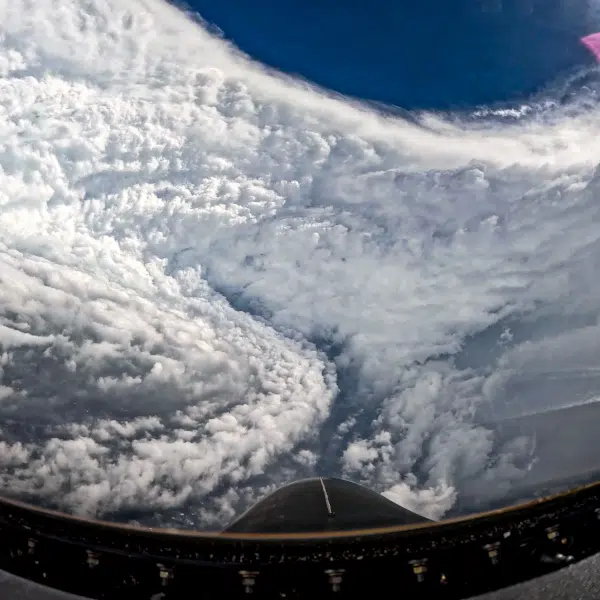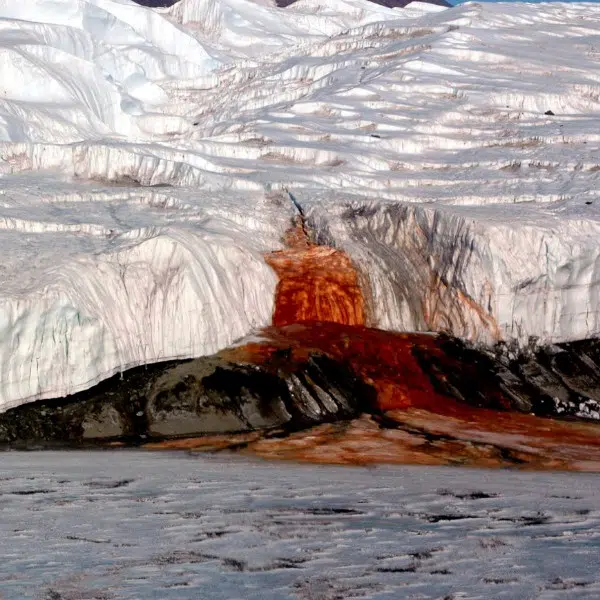
Photo: CoreyFord/Depositphotos
Few of us rarely get to hear the beautiful and haunting sound of whale songs. But if you have, the tunes won't all be the same. Whales, like humans, experience cultural evolution through their sounds. The songs of male humpback whales, for instance, actually evolve when individual whales change, alter, or embellish parts of a standard song sequence and others in the group pick up on it and pass it along.
Now, there's new research to show that “song revolutions” happen, too. Sometimes, a whole new song is suddenly adopted from a neighboring population of whales. In fact, whales an astounding 8,700 miles (14,000 kilometers) apart from each other can be heard singing the same songs.
“Song is a striking example of non-human cultural transmission and evolution exhibited by oscine songbirds and possibly most baleen whales including humpback whales,” write a group of researchers who have published their findings in the Royal Society Open Science Journal.
Humpback whales on the east coast of Australia are singing the same tunes as whales in French Polynesia and the breeding waters of Ecuador. In each area, however, the same sounds might be strung together in slightly different—but specific—ways. Phrases of sound are repeated multiple times, almost like a chorus, and each whale song contains several of them. Yet now and again, the themes of the whale songs change; it's out with the old, in with the new, and suddenly a whole new song is top of the charts. Surprisingly, the new song is not always confined to a single group, or even to one area on the globe.
Previously, it was known that humpback whales over 6,000 miles apart were singing the same songs. New research shows that some whale songs have migrated east from French Polynesia across the Pacific Ocean and all the way to South America, a distance of 4,970 miles (around 8,000 kilometers). Some believe that whale songs potentially travel around the whole world.
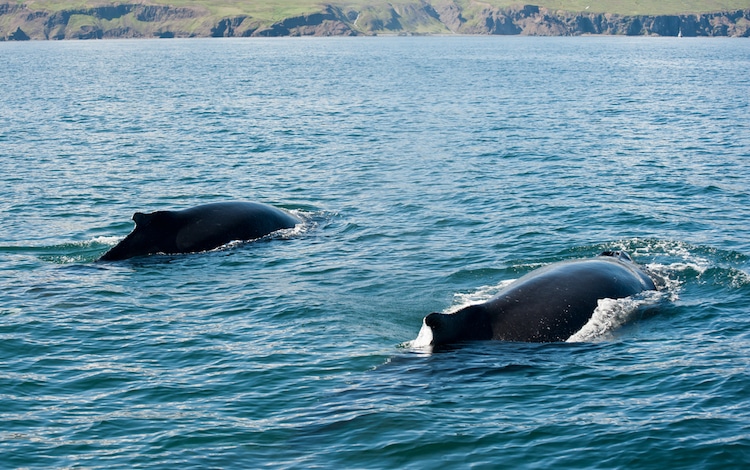
Photo: fyletto/Depositphotos
“This study demonstrates songs first identified in western populations can be transmitted across the entire South Pacific, supporting the potential for a circumpolar Southern Hemisphere cultural transmission of song and a vocal culture rivaled in its extent only by our own,” the authors share. Research with humpback whales in South Africa and Brazil hints that a complete circumnavigation of whale songs might be perfectly plausible, as the melodies are transferred from one group to another.
The researchers have likened the songs of humpback whales to the characteristics of the songs of songbirds. Their research also “sheds light on the underlying mechanisms of social learning and cultural evolution in animals ranging from fish to other cetacean species through to humans.”
But how exactly do the whale songs pass from one group of humpbacks to another? Although it's not completely clear how this phenomenon occurs, it is very likely that it has to do with how whales move to different areas for breeding and for foraging. The extensive traveling by whale groups leads the researchers to believe that the songs are passed on from one area to another in a step-by-step way. A song revolution may begin in one group, and when the group moves to another area to feed, or to have their calves, they carry the song with them. Neighboring populations of humpback whales pick up on the song, absorb it, and then pass it on to another group.
We're still learning about whale songs and exactly what they mean. It's clear that whales, like humans, enjoy a novel tune that sometimes hits the top of the charts among their contemporaries. Or, in their underwater song world, it might even go global.
Whales up to 8,700 miles (14,000 kilometers) apart from each other can be heard singing the same songs.
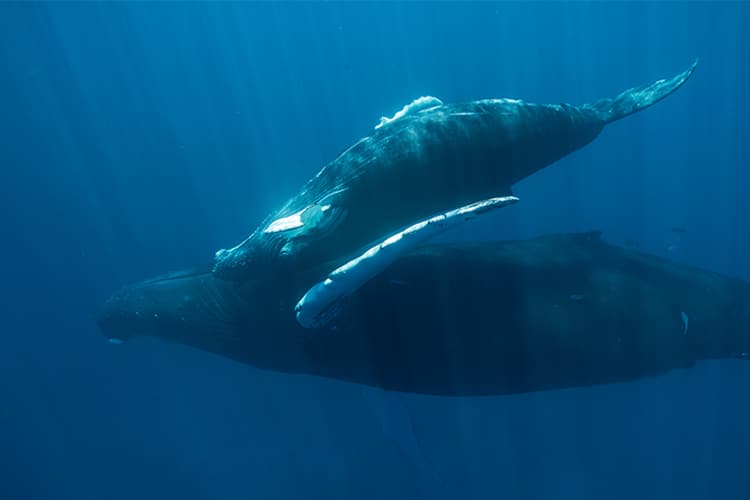
Photo: ead72/Depositphotos
The way that songs are passed from one group of whales to another is likely to do with their routine movements to different places for foraging and breeding.
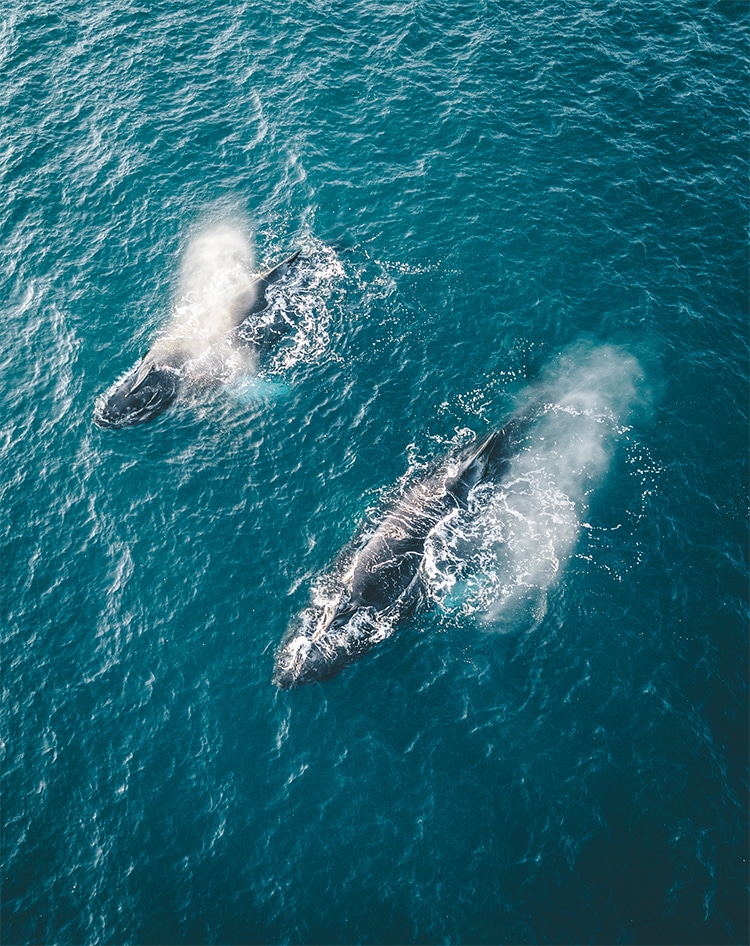
Photo: mathuias_berlin/Depositphotos
Listen to the incredible range and variation of whale songs on this YouTube video:
h/t: [ScienceAlert]
Related Articles:
Photographer Flies Across the World to Fulfill Boyhood Dream and Swim With Humpback Whales
Underwater Photographer Captures the Unique Beauty of Swimming With Humpback Whales
Humpback Whales Separated by a Continent Are “Remixing” Each Other’s Songs
Marine Scientists Race to Record Effects of Reduced Ocean Noise on Whales
















































































